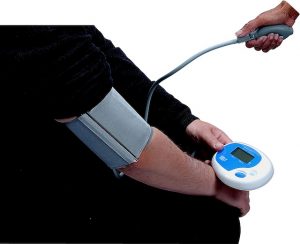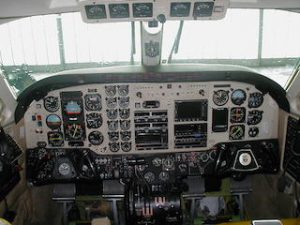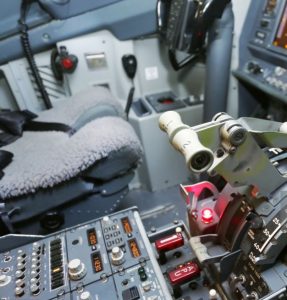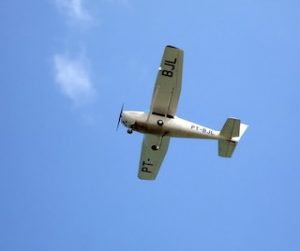Multi Crew Cooperation – MCC – Course Syllabus
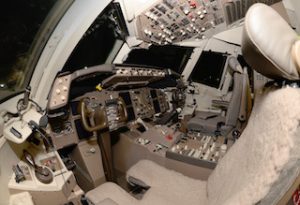 A Multi Crew Cooperation (MCC) course is designed to train pilots to operate efficiently as a team in a multi-crew aircraft environment. The syllabus typically includes both theoretical and practical components to ensure that pilots are well-prepared for the collaborative nature of commercial aviation. Here’s a detailed outline of a typical MCC course syllabus:
A Multi Crew Cooperation (MCC) course is designed to train pilots to operate efficiently as a team in a multi-crew aircraft environment. The syllabus typically includes both theoretical and practical components to ensure that pilots are well-prepared for the collaborative nature of commercial aviation. Here’s a detailed outline of a typical MCC course syllabus:
Theoretical component
1) Introduction to multi crew operations
- Overview of MCC objectives
- Importance of teamwork and communication
- Roles and responsibilities in a multi-crew environment
2) Human factors and crew resource management (CRM)
- Decision making in a multi-crew setting
- Stress and fatigue management
- Communication and conflict resolution
- Leadership and followership
- Situation awareness
3) Standard operating procedures (SOPs)
- Introduction to SOPs
- Importance of adhering to SOPs
- Development and implementation of SOPs
4) Flight deck management
- Division of duties
- Task sharing and workload management
- Briefing and debriefing techniques
5) Communication techniques
- Use of standard phraseology
- Effective communication techniques
- Handling non-standard communication situations
6) Problem solving and decision making
- Techniques for effective problem solving
- Collaborative decision making
- Risk management
7) Automation management
- Understanding and managing aircraft automation
- Role of the pilot in automated systems
- Automation-related CRM
8) Emergency and abnormal situations
- Handling emergencies in a multi-crew environment
- Communication during abnormal situations
- Coordination and decision making under pressure
Practical component
1) Flight simulation training
- Familiarisation with the simulator
- Introduction to multi-crew operations in a simulated environment
2) Normal operations
- Pre-flight briefing
- Taxi, takeoff, cruise, and landing procedures
- Cross-checking and monitoring
3) Abnormal and emergency procedures
- Handling simulated emergencies
- Communication and coordination during emergencies
- Use of checklists and SOPs
4) Crew coordination exercises
- Exercises to enhance teamwork and communication
- Task sharing and workload management scenarios
5) Line oriented flight training (LOFT)
- Realistic flight scenarios
- Emphasis on SOPs and CRM
- Full mission profiles from pre-flight to post-flight
6) Assessment and feedback
- Continuous assessment throughout the course
- Debriefing sessions after each simulation
- Final evaluation and feedback
Course duration and structure
- Theoretical training: Approximately 25-30 hours
- Practical training: Approximately 20-25 hours of simulator sessions
- Course duration: Typically 5-7 days
Certification
- Upon successful completion of the MCC course, pilots receive a certificate indicating their readiness for multi-crew operations.
This syllabus can vary slightly depending on the training provider and the specific requirements of the aviation authority overseeing the training.

